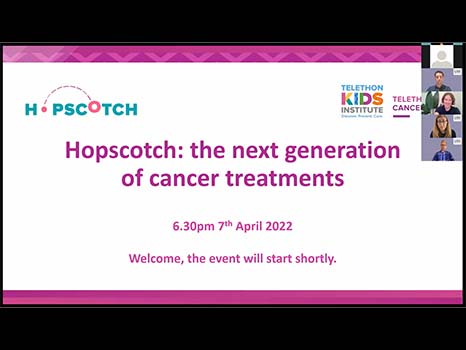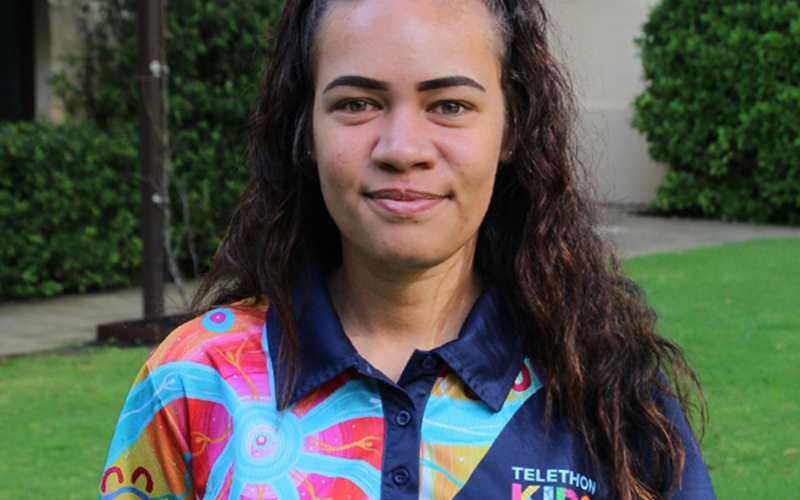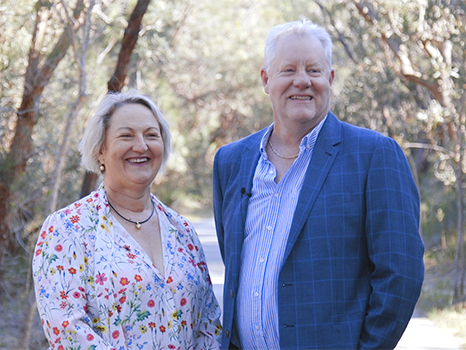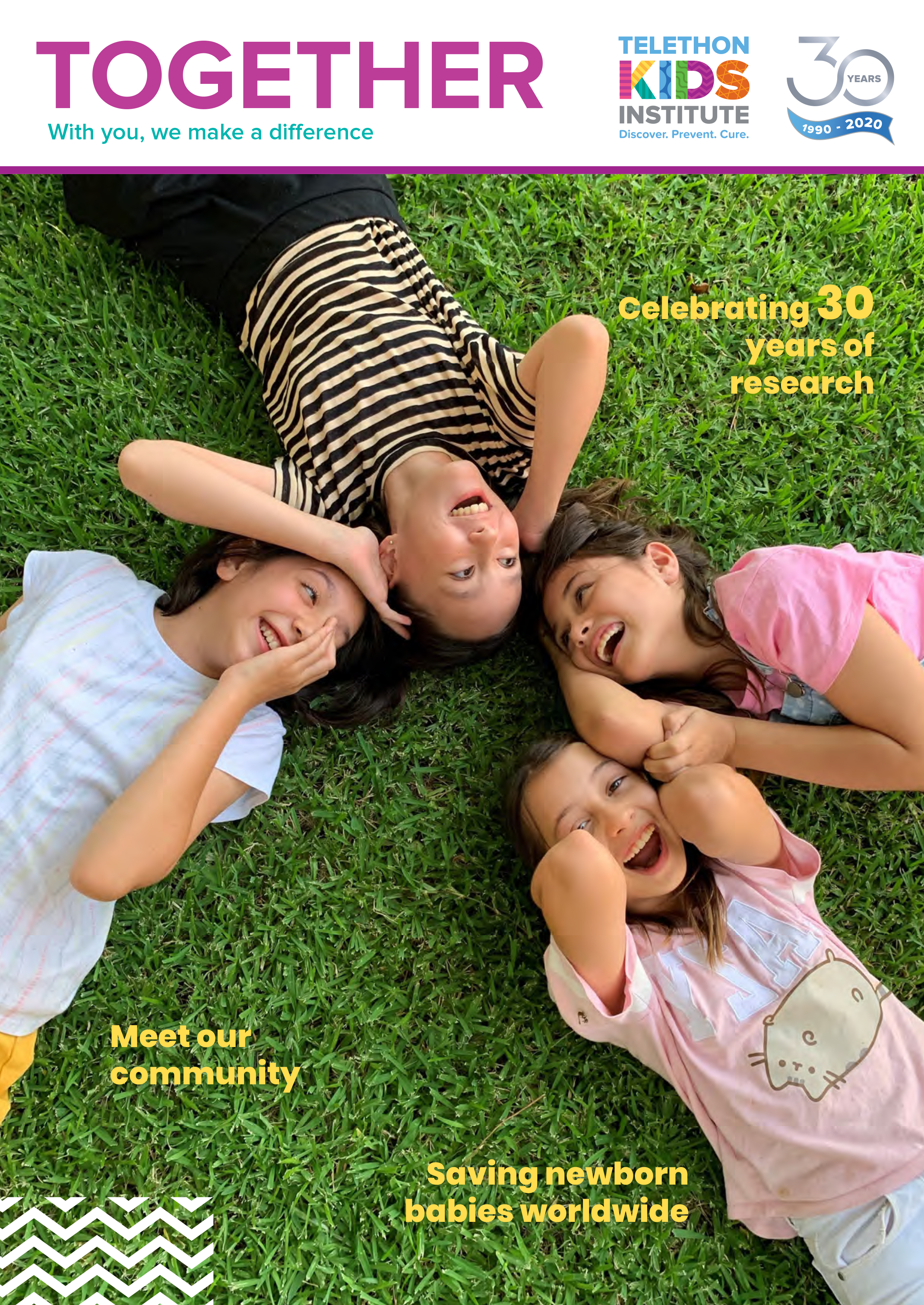Search

News & Events
Hopscotch 7th April 2022: The next generation of cancer treatmentsOur first Hopscotch event of 2022 explored exciting new frontiers of cancer treatments happening in the WA Kids Cancer Centre.

News & Events
Meet Jordeana - STARS Award RecipientJordeana Howard is a proud Yawuru, Nyul Nyul & Kija woman from the areas of Broome, Beagle Bay & Alice Downs, and a recipient of a The Kids Research Institute Australia STARS Award.

News & Events
Marianne & Brad’s gift of giving‘Tis the season of giving. Unconditional giving means you directly power all our research to help more kids live happier, healthier lives.


Keep up to date with all things Discovery Centre related by signing up to the Discovery Club. You’ll be able to log in with all your information at the centre!

Hands-on science lesson plans for teachers related to the topic 'Poo and You!'.

News & Events
Come along to our first ever Science & Sip for teachersWant to find out more about what an excursion to The Kids is all about? Join us for our first ever Science & Sip!

News & Events
Collaboration for the kidsHow do you brighten the day of kids in the Perth Children's Hospital when you can't visit them? You work with other sparkly and generous people to

Join the Discovery Centre + Schools mailing list and receive lesson plans, updates on the schools program and more in your inbox!
